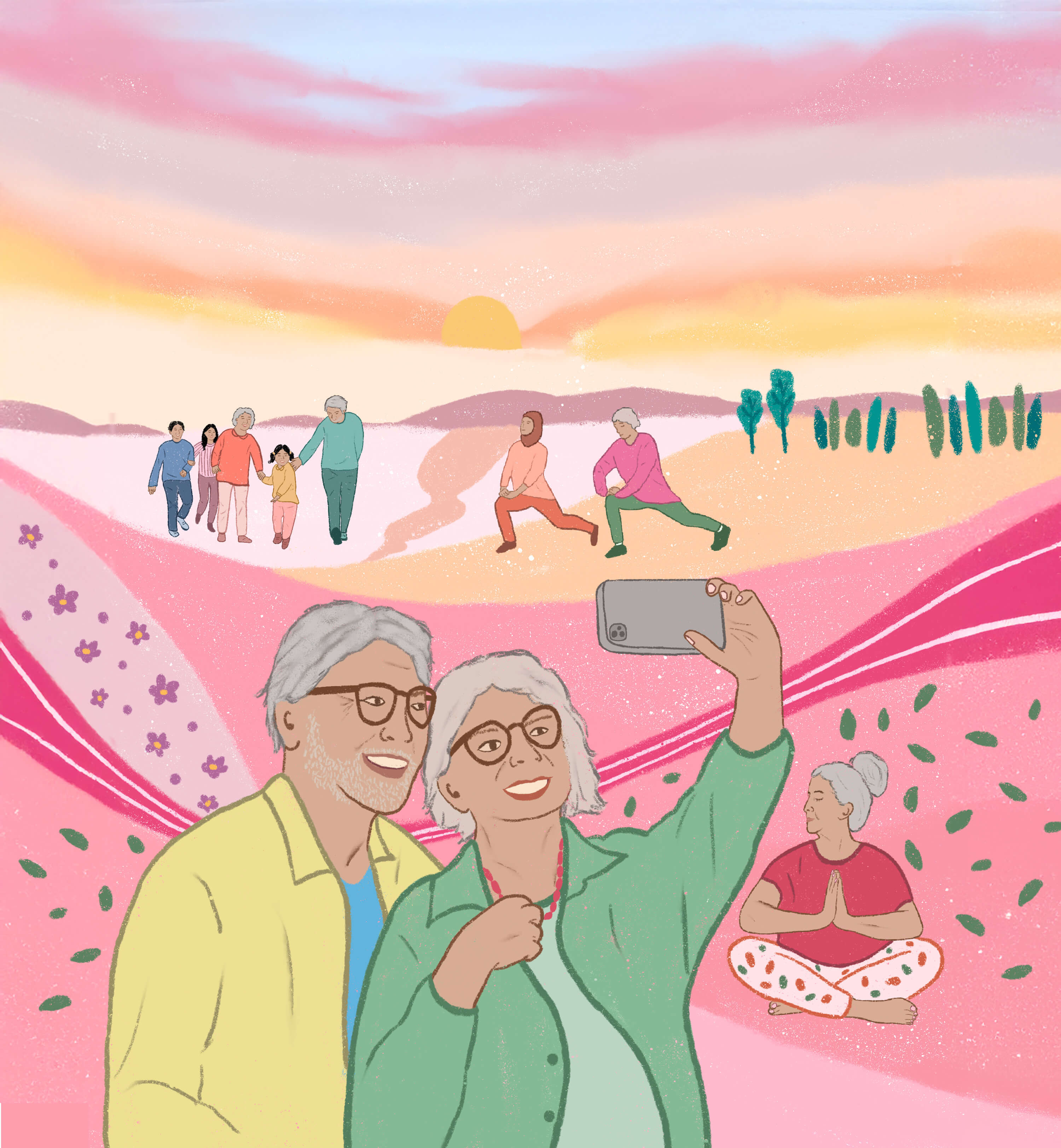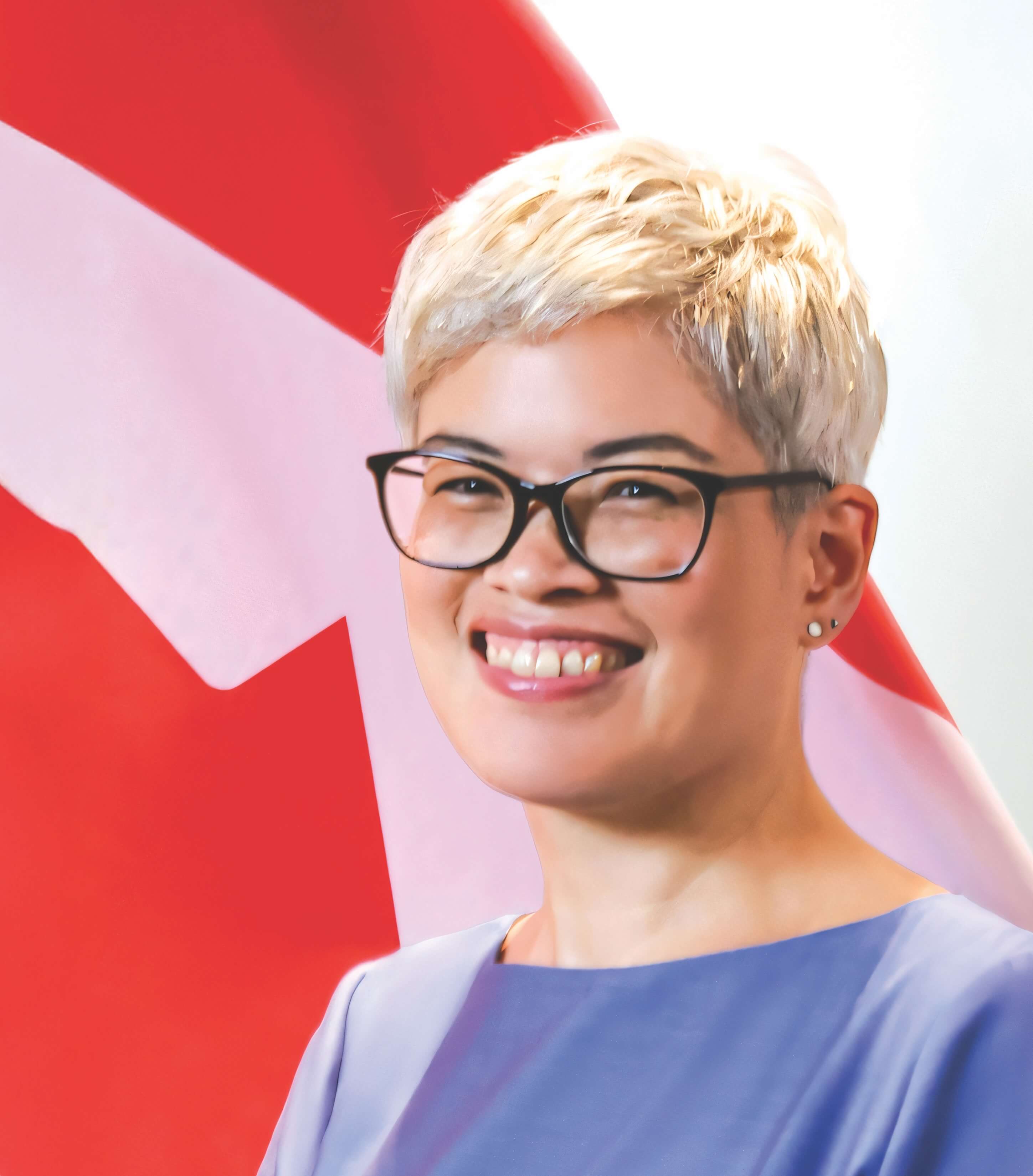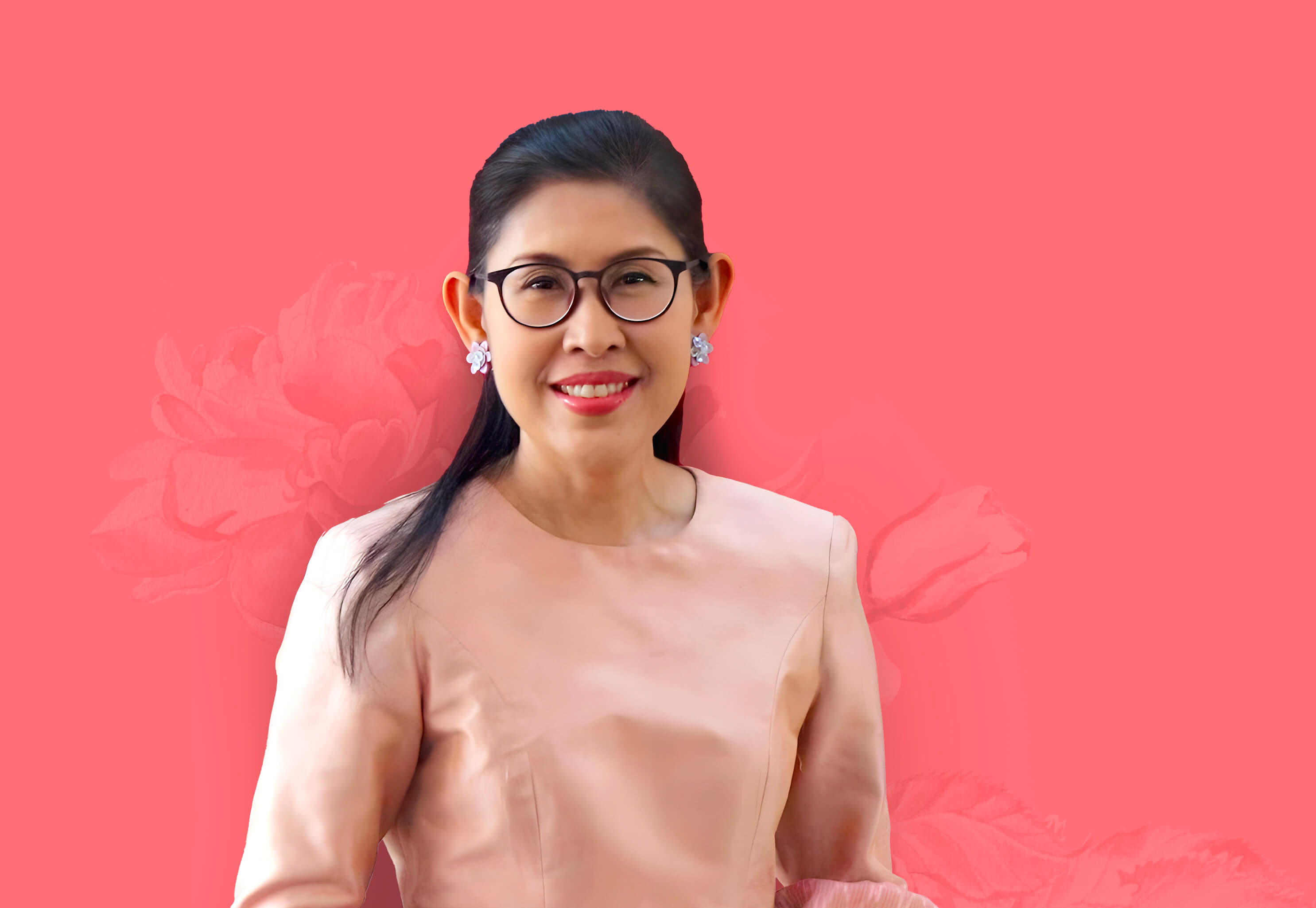


Sharima’s passion and commitment to the field of social work shines through, whether she is amid the aftermath of a typhoon or flood or in the classroom mentoring the next cohort of social workers.
Social work was not her chosen field of study, but Sharima fell in love with social work from her first undergraduate class. She has since devoted her life as a practitioner and academician.
Sharima’s involvement with the Malaysian Association of Social Workers, MERCY Malaysia, Kedah Women Awareness Association and International Federation of Social Workers Asia Pacific has brought her to various disaster relief operations worldwide. In the ASEAN region, she assisted in recovery efforts in the 2004 Indian Ocean tsunami in Indonesia, the 2006 Yogyakarta earthquake and Mt. Merapi eruptions in Indonesia, the 2010 Kedah flooding in Malaysia, the 2013 Haiyan typhoon in the Philippines, the 2018 Lao dam collapse and now with the COVID-19 pandemic in Malaysia. Through MERCY Malaysia, she has volunteered for more than 16 years and feels blessed for the opportunity given by MERCY Malaysia and Universiti Utara Malaysia to serve in humanitarian work.
Her experiences moved her to include disaster management as part of the syllabus in the social work programme in Universiti Utara Malaysia, where she currently teaches. Sharima was also part of the task force that standardised social work education in all public universities in Malaysia. It ensures that social workers across the country receive uniform training and an equal level of competency.
As a member of the Malaysian Association of Social Workers, she was among educators who worked with other colleagues to have a Social Workers Act implemented to increase the level of professionalism in social work.
“My experience in international humanitarian work began during the Indian Ocean tsunami back in 2004. I came 10 days after the disaster and was stationed at a local Islamic boarding school in Aceh, which became a shelter for children who had lost their relatives.
“The priority was to help the children return to their normal schedule, which would help ease the psychosocial impact. I monitored the building of a school and also did art therapy with the children to help them deal with their grief. I still remember that their drawings were dominated by dark colours, with pictures of tsunami waves, people running, sharing of bananas as a means to survive, and rescue helicopters. One child was so traumatised that she refused to bathe for eight weeks, convinced that the water was dangerous. It took time to build trust and take little steps to overcome the fear.
“During disaster relief efforts, social workers conduct assessments as well as providing psychosocial support. We provide moral support and fulfil the basic needs of the survivors to help them get back on their feet.
“Based on my experience of doing humanitarian work, women were often the ones to take charge in rebuilding their lives, showing resiliency even in the most adverse times. The elderly also have high resiliency.
“People often have the misconception that social work is the same as volunteerism. It is important for people to recognise that social work is a professional field. We are giving services based on skills, knowledge, practice, value and ethics to do no harm. We provide assistance and empower the client to make sure that they will be able to assist themselves.
“It would be beneficial for social workers in the region if ASEAN can work towards ensuring that social work is recognised as a profession in all ASEAN Member States.
Interviewed by Kiran Sagoo, PhD and Pricilia Putri Nirmala Sari. The conversation has been edited and condensed for clarity. The views and opinions expressed in the text belong solely to the interviewee and do not reflect the official policy or position of ASEAN.








